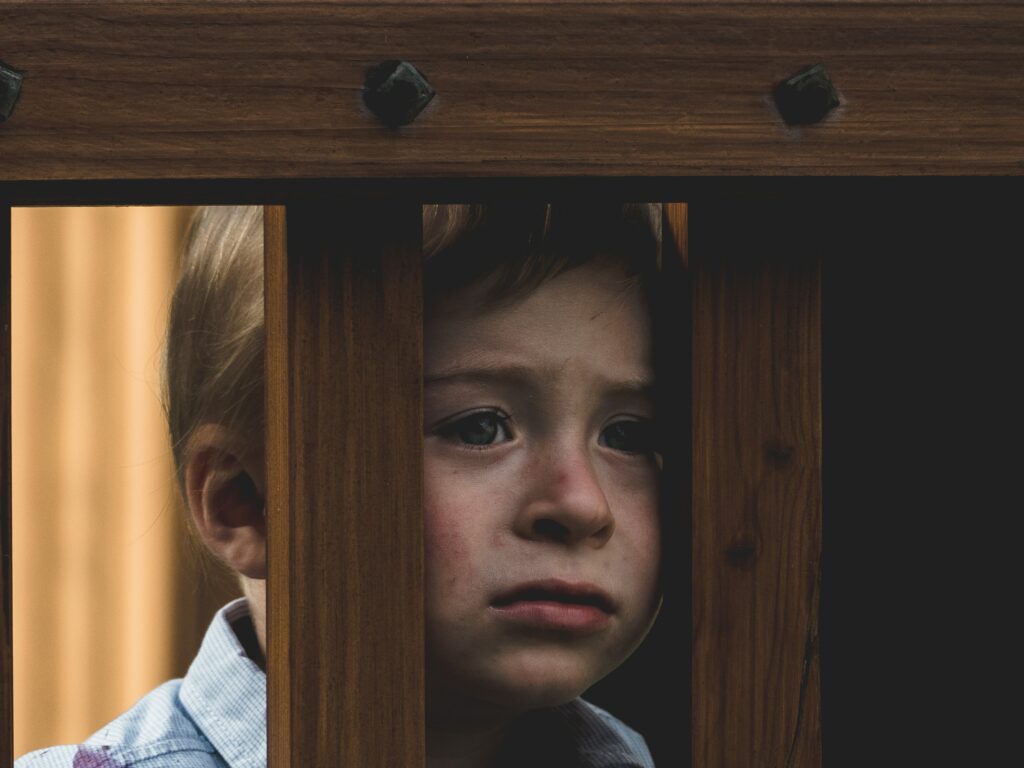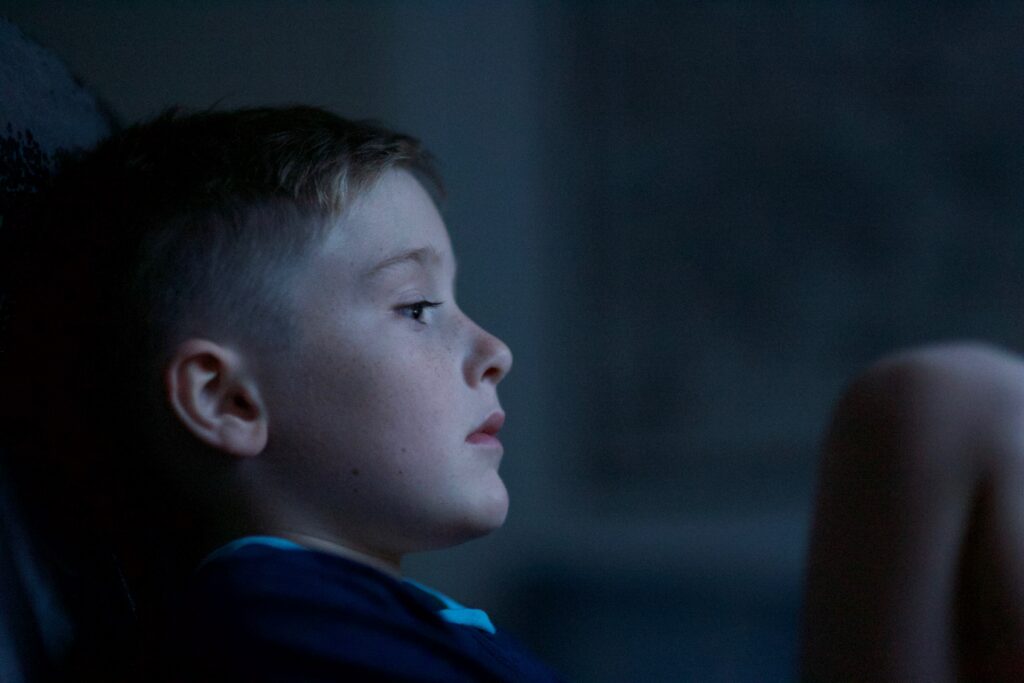A safeguarding review panel has made nine recommendations designed to overhaul child safeguarding practices following an inquiry into abuse across three services.
 The Child Safeguarding Practice Review Panel have called for Councils to take on a bigger role in monitoring residential settings in their areas to tackle failings in safeguarding children with disabilities and complex health needs.
The Child Safeguarding Practice Review Panel have called for Councils to take on a bigger role in monitoring residential settings in their areas to tackle failings in safeguarding children with disabilities and complex health needs.
The Panel wants services for these children to be jointly commissioned by local authorities and NHS Integrated Care Boards (ICBs). They have also recommended more investment in the workforce, better access to advocacy and joint inspections by Ofsted and the CQC to better protect children in residential care settings.
Child safeguarding ‘roadmap’
 This “roadmap to more humane treatment” was set out in the panel’s second report into the abuse of children at three residential special schools.
This “roadmap to more humane treatment” was set out in the panel’s second report into the abuse of children at three residential special schools.
The schools, registered as children’s homes, were operated by the Hesley Group in Doncaster and the report related to abuse which occurred between 2018 and 2021 as a result of failings in care, safeguarding, regulation and oversight.
Rachel de Souza, the Children’s Commissioner for England, said the report’s central message was “the necessity of keeping the voices of children and families at the heart of their support, and of providing safe, suitable care where required.”
The nine recommendations made by the panel are:
- Disabled children and those with complex health needs should have access to independently commissioned, non-instructed advocacy from advocates with specialist training in safeguarding and responding to their communication needs.
- When a residential placement of 38 weeks or longer per year us being considered, children and their parents should be given access to advice and support, including the allocation of a ‘navigator’, where necessary.
- The Department for Education (DfE) and NHS England should require councils and integrated care boards (ICBs) to commission safe, sufficient and appropriate provision for disabled children and those with complex health needs.
- The DfE, Department of Health and Social Care (DHSC) and NHS England should co-ordinate support for councils and ICB commissioners to improve forecasting, procurement and market shaping.
- The government should prioritise action to improve community-based provision for disabled children in pathfinders programmes for its children’s social care and SEND reforms.
- The government should commission a workforce strategy for children’s residential services, covering leadership development, workforce standards and training.
- National leadership and investment from providers should be used to boost the recruitment, retention and development of the children’s residential workforce.
- Host local authorities and ICBs should have a strengthened role in overseeing residential settings in their areas.
- The DfE and DHSC should revise and reduce the complexity of current arrangements for monitoring residential settings and take immediate steps to arrange joint inspections by Ofsted and CQC of those for children with disabilities and complex health needs.
Child safeguarding failures must not be repeated
 Christine Lenehan, lead reviewer of the case and Director of the Council for Disabled Children, has highlighted that the new report echoes findings laid out in previous safeguarding enquiries and warned that, this time, it’s conclusions needed to be listened to and acted on.
Christine Lenehan, lead reviewer of the case and Director of the Council for Disabled Children, has highlighted that the new report echoes findings laid out in previous safeguarding enquiries and warned that, this time, it’s conclusions needed to be listened to and acted on.
She said:
“Earlier reports have catalogued how disabled children with a complex mix of autism and health needs can be locked away behind closed doors, often in placements far from their families, with little concern for their quality of life or futures.
“These recommendations set out a roadmap to more humane treatment of these children. But without the wholehearted commitment to implement these measures fully, these failings will come back to haunt us when the next group of disabled children fall foul of services that cost the taxpayer dearly but rob vulnerable children of their basic humanity.”
An official response from the government is expected within 6 months, but Children’s Minister Claire Coutinho has provided a written statement to Parliament in which she said that reforms made by the DfE to children’s social care and special educational needs and disability have already “[laid] the foundation for improving outcomes for this group of vulnerable children.”
She added:
“There is more that can be done to support and protect these children and we intend to focus our existing reform programme to ensure that they consistently receive the care and support that they need and deserve, enabling them to thrive and fulfil their potential.”
 Meanwhile, the President of the Association of Directors of Children’s Services, John Pearce, said the Panel’s report served as a “stark reminder” that current child safeguarding practices “are not working” for the most complex and vulnerable children in society and that there was a lot of work needed to correct this.
Meanwhile, the President of the Association of Directors of Children’s Services, John Pearce, said the Panel’s report served as a “stark reminder” that current child safeguarding practices “are not working” for the most complex and vulnerable children in society and that there was a lot of work needed to correct this.
He also warned that many of the Panel’s recommendations needed “a significant multi-agency resource requirement to implement effectively and take time to achieve,” and that services “face longstanding challenges around placement quality, sufficiency and cost.”
Rachel de Souza, Children’s Commissioner, also commented:
“I am particularly pleased that this report recognises that children with disabilities have specific needs and risks which should be set out in statutory guidance.
“However, ultimately, children will only be kept safe if they are consistently seen and heard, through positive contact with their families, face-to-face visits from social workers, independent reviewing officers and health commissioners, and a greater level of professional curiosity from all those responsible for their care.”
Training and development for those working with children
First Response Training (FRT) is a leading national training provider delivering courses in subjects such as health and safety, first aid, fire safety, manual handling, food hygiene, mental health, health and social care, safeguarding and more.
They work with a large number of early years, schools and childcare providers, as well as colleges, youth groups and children’s services.
Their courses include Safeguarding Children, Autism Awareness, Learning Disability Awareness, Understanding Challenging Behaviour, and many more.
For more information on the training that FRT can provide, please call them today on freephone 0800 310 2300 or send an e-mail to info@firstresponsetraining.com
